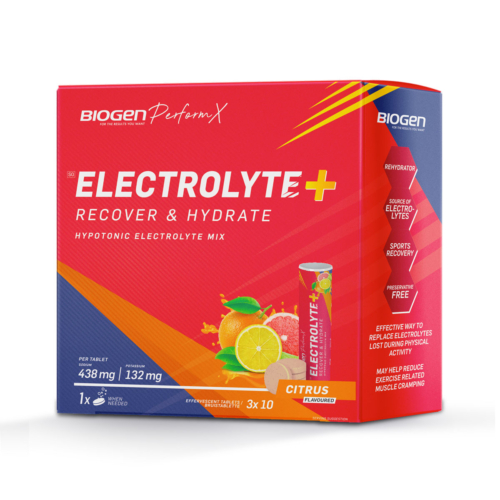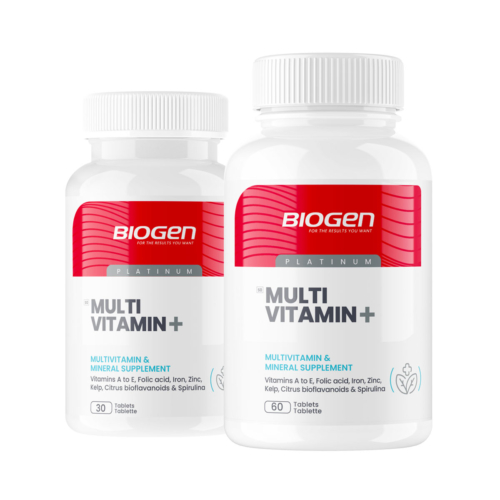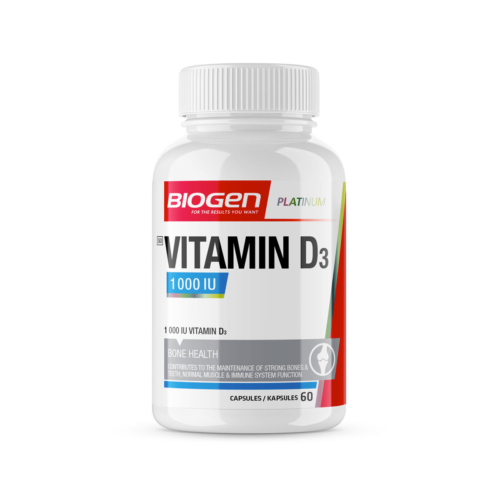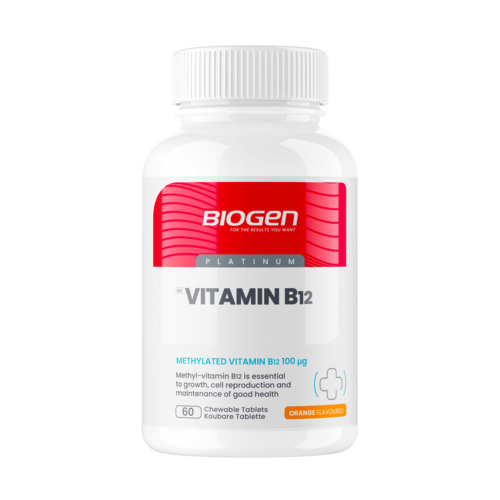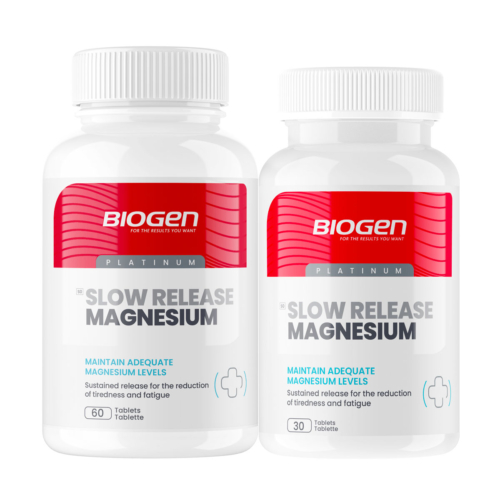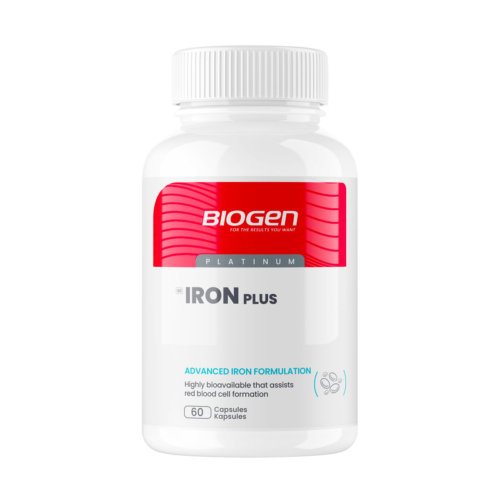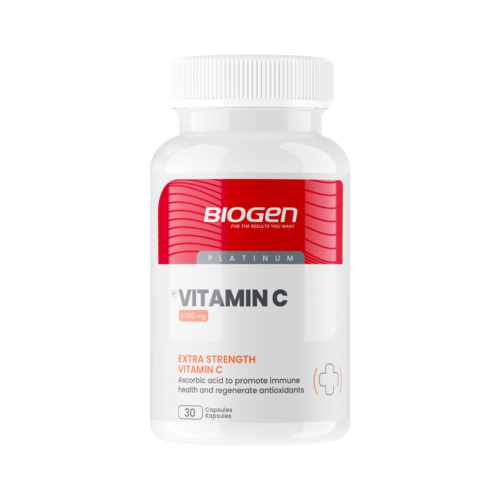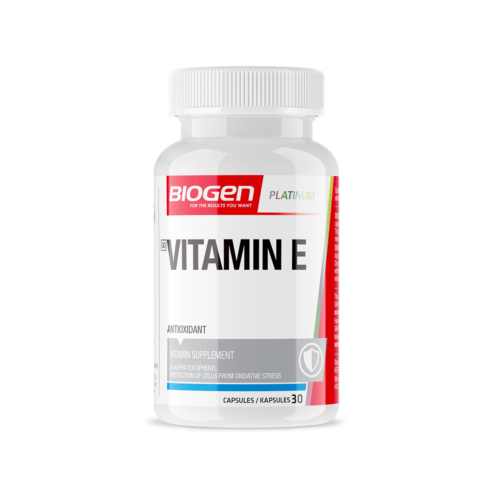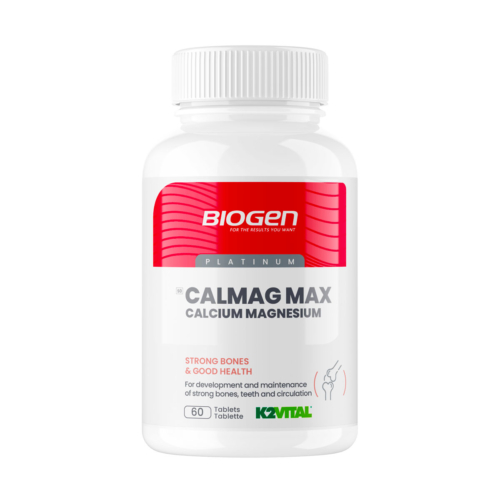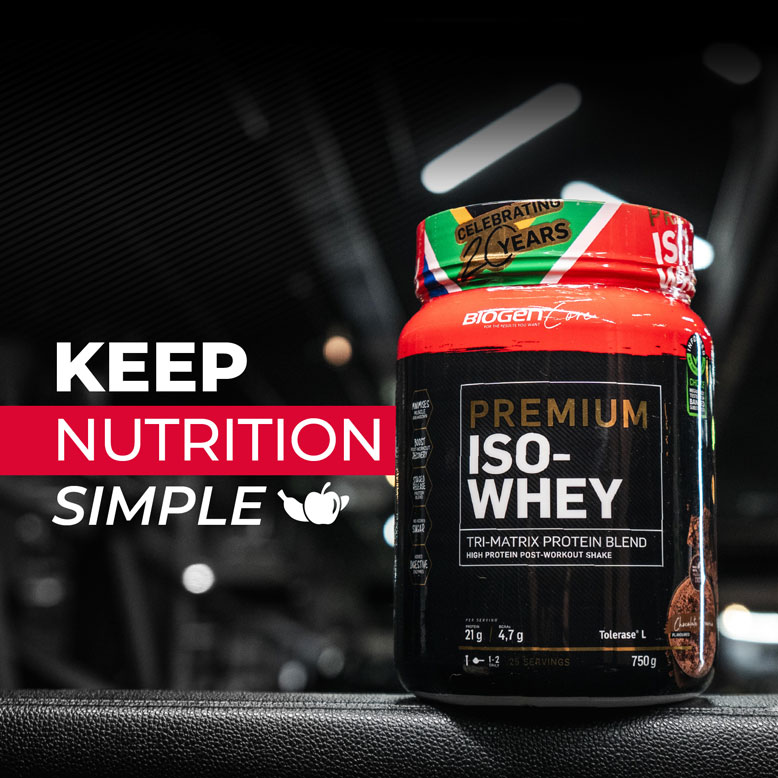
Athletes impose immense physical demands on their bodies with intense, high-volume training, depleting energy and nutrients in the process to fuel their efforts and support recovery.
Athletes require optimal nutrition to maintain an adequate micronutrient status to meet the increased metabolic and biological demands of regular intense or prolonged training.
These micronutrients, which include vitamins and minerals, support various bodily functions, including energy production, immune function, and muscle repair. As such, maintaining an optimal micronutrient status is essential for optimal performance, faster recovery, and lower injury risk.
Nutrient deficiencies
Despite their relevance and importance, athletes are particularly susceptible to nutrient deficiencies, especially those who participate in endurance sports, due to various reasons.
The increased energy expenditure that comes with high-volume training can deplete essential nutrients, especially if athletes adopt restrictive diets or fail to meet their daily calorie requirements.
Intense training may also cause gastrointestinal problems, which can affect nutrient absorption, while less stress adds to the exercise stress, further depleting nutrient stores.
Relative Energy Deficiency in Sport
When this happens over prolonged periods, athletes can develop a condition known as Relative Energy Deficiency in Sport (RED-S)¹.
This condition is a syndrome characterised by inadequate energy intake relative to the demands of training. Nutrient deficiencies often accompany RED-S as the body struggles to meet its metabolic and recovery needs.
This energy deficit can lead to a range of health problems, including decreased bone mineral density, hormonal imbalances, menstrual irregularities, impaired immune function and decreased performance.
Common nutrient deficiencies associated with RED-S include:
- Iron deficiency: Low iron levels can cause exercise-induced anaemia.
- Calcium deficiency: Low calcium intake can lead to bone issues, putting athletes at higher risk of stress fractures and osteoporosis.
- Vitamin D deficiency: This is common in athletes who have limited sun exposure or live in regions with low sunlight.
- Protein deficiency: Inadequate protein intake can impair muscle repair and growth.
- Carbohydrate deficiency: Insufficient carbohydrate intake can affect energy levels and performance.
Meeting nutritional needs
Eating a healthy, balanced diet that consists predominantly of natural whole foods is the foundation of optimal recovery and sporting performance.
Your diet should meet both your daily calorie requirements, with sufficient protein, carbohydrates and fats to support muscle repair, replenish energy stores, and support hormone production, with a wide range of nutrient-rich foods with a focus on colourful plant foods to get sufficient essential vitamins and minerals.
Potential role of supplements
Supplementing with a well-formulated multivitamin and mineral complex like Biogen Multi Vitamin Plus may help prevent or address the nutrient deficiencies that can result from limited dietary variety and the vitamin and mineral depletion that occurs from exercise.
In this regard, it is important to consider that individual needs may differ, often requiring expert guidance from a qualified sports nutritionist or consultation with a medical professional to address underlying deficiencies with individual products.
Your micronutrient status may also change based on your training block, with periods of higher loads or competition seasons necessitating greater focus on certain nutrients.
Common essential vitamins required by athletes include:
- Biogen Vitamin D3: Essential for calcium absorption and bone health.
- Biogen Vitamin B12: Crucial for energy production, red blood cell formation, and nerve function.
- Biogen Vitamin C 1000 mg: An antioxidant that helps protect cells from free radical damage.
- Biogen Vitamin E: An antioxidant that helps protect cells from free radical damage.
Common essential minerals required by athletes include:
- Biogen Iron Plus: Essential for oxygen transport to muscles.
- Biogen Zinc Complex Plus: Involved in numerous bodily functions, including immune function and protein synthesis.
- Biogen Calmag Max: Calcium is essential for bone strength and health.
- Biogen Slow Release Magnesium: Involved in many bodily functions, including energy production and muscle relaxation.
- Biogen Electrolyte+: Minerals like potassium and sodium are essential for hydration and muscle function.
While vitamin and mineral supplements offer potential benefits for endurance athletes, they should not replace or displace a nutritious and balanced eating plan. With the right combination of whole foods and supplements, athletes can craft a holistic approach to nutrition to optimise their performance and minimise their risk of nutrient deficiencies.
References:
- Angeliki M Angelidi, Konstantinos Stefanakis, Sharon H Chou, Laura Valenzuela-Vallejo, Konstantina Dipla, Chrysoula Boutari, Konstantinos Ntoskas, Panagiotis Tokmakidis, Alexander Kokkinos, Dimitrios G Goulis, Helen A Papadaki, Christos S Mantzoros, Relative Energy Deficiency in Sport (REDs): Endocrine Manifestations, Pathophysiology and Treatments, Endocrine Reviews, Volume 45, Issue 5, October 2024, Pages 676–708, https://doi.org/10.1210/endrev/bnae011.


